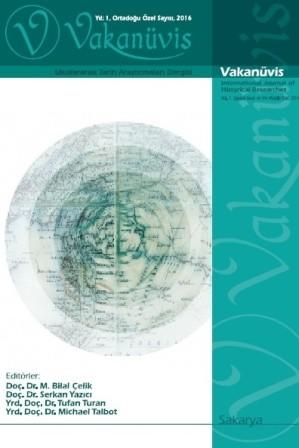Tarihsel Düşüncede Avrupamerkezci Söylemin “Hegemonya” İdeografisi
Historical Thought-Oriented Eurocentrism Is In Discourse "Hegemony" Ideography
Author(s): Rameş RzayevSubject(s): Political Philosophy, Sociology, Philosophy of History
Published by: Serkan YAZICI
Keywords: Eurocentrism; Enlightenment; East-West; Orientalism; Hegemony;
Summary/Abstract: The ideological distinctions that underlie the assumptions about the nature of the East and West polarization are not simply a reflection of the conflict. Questioning the discrimination between East and West based on the phrase "Eurocentrism" around Antonio Gramsci's "hegemony" category and Michel Foucault's "knowledge-power" equation reveals many forms of perception that we do not know. The concept of "Eurocentrism" shaped in the direction of an opinion and representation authority generally defines itself in conflict with the existence of the other. In this study, by considering the historical dimension of Eurocentrism, both its own discourse and its procedural character at the point of constructing the "other" are analyzed. The discourse of "Eurocentrism", which gained a new momentum with the Enlightenment process, is related to the social-cultural and political-economic life of non-Western societies by "reproducing" strategies on the basis of modernization, and the ability to formulate historical thought itself. It should be stated that, in general, non-Western societies have a phenomenal nature in order to organize their political, economic, social and cultural lives in a "uniform" way. It can be said that the anxiety of detachment from the essence in the perception of life style of the aforementioned societies is distinguished by correct determinations that, in terms of historical reality, it has been reduced to satisfaction within the realm of hegemony.
Journal: Vakanüvis- Uluslararası Tarih Araştırmaları Dergisi
- Issue Year: 6/2021
- Issue No: 2
- Page Range: 786-816
- Page Count: 31
- Language: Turkish

